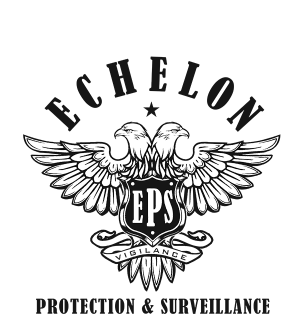
Identifying the Issue
The first step in resolving the issue is recognizing the signs of trespassing. Evidence of sleeping areas, leftover belongings, or increased litter can be indicative. A responsive approach involves assessing the frequency and scale of the trespassing to devise appropriate measures that are both effective and respectful.
The Role of Security Guards
Security guards serve as the frontline solution in managing these situations. They are trained to handle a variety of circumstances with tact, combining authority with compassion. Security personnel can deter homeless individuals from trespassing by maintaining a visible presence, conducting regular patrols, and directly addressing individuals when necessary.
Engagement and Communication
Security guards are skilled communicators adept at engaging with homeless individuals to understand their circumstances. They’re trained to communicate respectfully while asserting the boundaries of private and commercial spaces. By initiating dialogues, they often can resolve situations peacefully, encouraging homeless individuals to move to safer, designated areas.
Collaboration with Social Services
An effective, compassionate approach involves collaboration with local social services. Security guards can act as liaisons, connecting homeless individuals with organizations that offer shelter, food, and support. This not only resolves the trespassing issue but also aids those in need, steering them towards resources for assistance.
Implementing Preventive Measures
Prevention is as crucial as response. Security guards can advise property owners on preventive strategies to deter trespassing. This may include enhancing lighting, installing security cameras, or erecting barriers. Their insights, drawn from on-ground experience, contribute to shaping a secure environment that dissuades trespassing while maintaining the dignity of all involved.
Crisis and Conflict Management
At times, confrontations can escalate. Security guards are equipped with skills to deescalate conflicts, ensuring the safety of property and people alike. Their training in crisis management enables them to navigate sensitive situations with poise, prioritizing peaceful resolutions while upholding the law.
Training and Adaptability
As every property and situation is unique, security guards receive extensive training to adapt to diverse scenarios. Their role is not just to guard but to integrate into the property’s environment, understanding its specific challenges, and opportunities. Their adaptability ensures that security is not a one-size-fits-all service but is tailored, responsive, and humane.
Conclusion
In conclusion, addressing homeless trespassing requires a nuanced, compassionate approach where security, humanity, and legality intertwine. Security guards emerge as pivotal assets, blending authority with empathy, enforcement with engagement. They ensure that private and commercial properties are secure, whilst the dignity and rights of homeless individuals are upheld. In the complex dance between security and compassion, trained security guards strike the right balance, making them indispensable in the contemporary landscape of property management.


